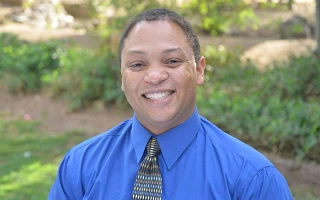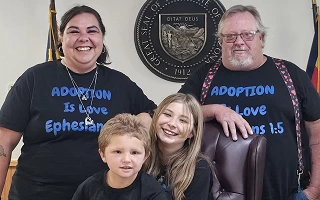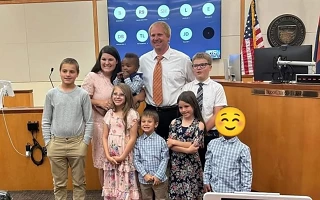Maddy and Britt have been therapeutic foster parents for eight years. They started as foster parents, then decided to become therapeutic foster parents due to the need for this kind of care. They took in Emma when she was 12 years old.
There is a stigma about children in foster care. They have the reputation of being trouble makers or juvenile delinquents. In reality, most children are in foster care, because they experienced abuse or neglect. Sometimes the effect of that abuse is so severe that they need extra care.
Therapeutic Foster Care
Therapeutic foster homes are for children who cannot safely stay in regular foster homes. Often these children have attachment disorder, trauma, post-traumatic stress disorder, attention deficit disorder or other conditions.
Maddy and Britt have been therapeutic foster parents for about eight years. They started out as regular foster parents, then decided to become therapeutic foster parents to help children with these special needs. One of the many children they have fostered was Emma. They took in Emma when she was 12 years old.
Supporting Kids in Foster Care
Emma was disassociating when she first came to live with Maddy and Britt. Some of her symptoms included starting to speak and then trailing off her words into focused stares. After many months, Emma started to make progress.
Maddy, a stay-at-home mom, worked closely with Emma's teachers, therapists, doctors and case managers to get the best care possible for her. “Maddy is very insightful," said Joe Walker, Catholic Charities case manager. "She is great at identifying behaviors and needs that are behind the behaviors.”
Emma really wanted to be adopted and to be a part of a family. Her younger sister had been adopted, but Emma had been passed up. She feared that no one would want her. As she made progress in communicating and connecting with others, she began to have hope. Eventually, Emma was able to bond with Maddy and Britt, which signified she would be able to bond with others.
Emma Gets Adopted
Last year, Emma left her therapeutic foster home and was adopted by a forever family--and now she's doing great. This transition would not have been possible without the dedication of Maddy and Britt.
Together, Maddy and Britt give their all to help foster children find healing and hope, rather than be lost in the system. Through extra training, they learned to help children live in a family unit so they can find a forever family.
To become a therapeutic foster home, couples have to complete 60 extra hours of training and become experts on challenging behaviors and managing medications. There is a great need for more foster parents but there are also other ways to help. Please get involved and be one miracle for a child in foster care today.








